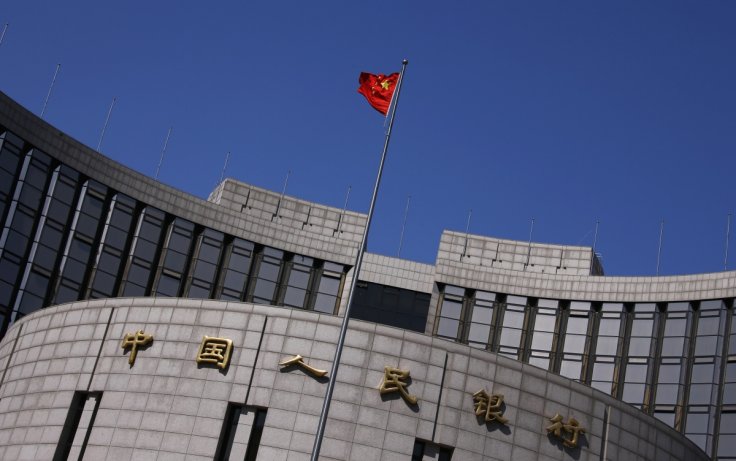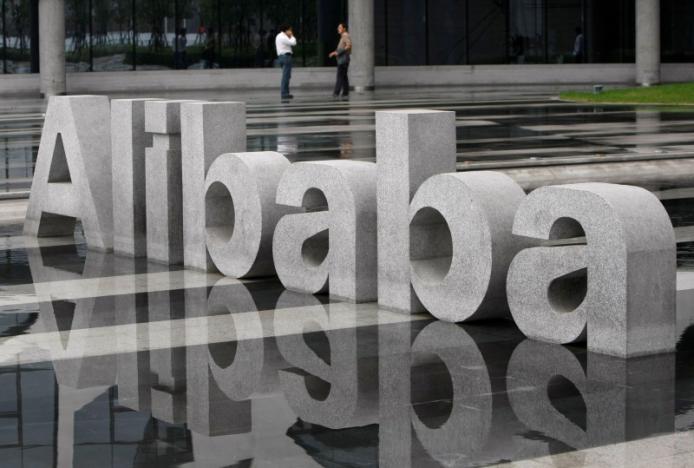Chinese tech behemoths lost a whopping $1 trillion in value in the aftermath of the relentless regulatory crackdown by the government, according to the latest data. The Refinitiv data from Reuters comes days after the Chinese authorities slapped a nearly $1 billion fine on Internet giant Alibaba.
Last Friday, the Chinese central bank declared that the 'main problems for platform companies' financial businesses' were rectified. The statement comes more than two years after the authorities cracked down on Jack Ma-founded Ant Group. The regulatory crackdown went on to target other tech giants including Tencent.

Ant Group IPO
The Chinese crackdown started with the halting of the $37 billion initial public offering (IPO) of Ant Group in November 2020. The targeting of Ant Group was interpreted as the Chinese Communist Party government's response to the larger than life status built by Jack Ma. Significantly, the action against Alibaba and Ant Group came months after Ma made controversial comments targeting President Xi Jinping's regulatory policies.
The technology crackdown then widened to include companies like Tencent, Meituan, Baidu and JD.com.
Nationalization Threat
In December 2020 there were reports that China was mulling the nationalization of Alibaba. Reports said the Chinese government could be working on a plan to nationalize Jack Ma's Alibaba and the Ant Group. China's ruling Chinese Communist Party (CCP) also launched an antitrust investigation into e-commerce giant Alibaba. "Based on tip-offs received by the State Administration for Market Regulation in recent days, the administration will be investigating Alibaba ... for suspected monopolistic activities," the government said.

The feared nationalization did not take place, but Beijing's crackdown on the biggest tech group in the country continued unabated. In February, the Ant Group was forced to reach a restructuring agreement with Chinese regulators. As per the agreement, the fintech giant was to be turned into a financial holding company. Under the plan, all of Ant's businesses were transferred onto a holding company. This included Ant's technology offerings in sectors like blockchain and food-delivery.
In February 2021, the Chinese Communist Party decided to block the initial public offering of the Ant Group. It was reported that Xi believed that the IPO of Jack Ma's Ant Group would have a host of unwelcome beneficiaries besides adding stress to the financial system. Ant Group's complex ownership structure meant that a host of people in Beijing's crosshairs would have gained immensely from what would have been the world's largest IPO.

In March, reports said the CCP government was pressuring Alibaba Group Holding Ltd. to sell some of its media assets, including the South China Morning Post published from Hong Kong.
And in April, the Chinese government slapped a multi-billion dollar fine on Alibaba. The internet behemoth was hit with a record antitrust fine of $2.84 billion after they found that it had abused its market dominance.
Untimely Optimism?
According to the latest hints made by the Chinese authorities, the state regulators have likely ended the crackdown on individual companies. The authorities even said Tencent Holdings and Alibaba Group were key pillars of China's tech innovation.
Some analysts, however, said it was premature to be optimistic. "However, [regulators] have also emphasized the need for additional broader industry-wide regulations to effectively regulate the entire sector ...This suggests that the optimism regarding the end of regulatory scrutiny may be premature, as the new broader regulations could be equally stringent," said Oshadhi Kumarasiri, equity analyst at LightStream Research, according to CNBC.








